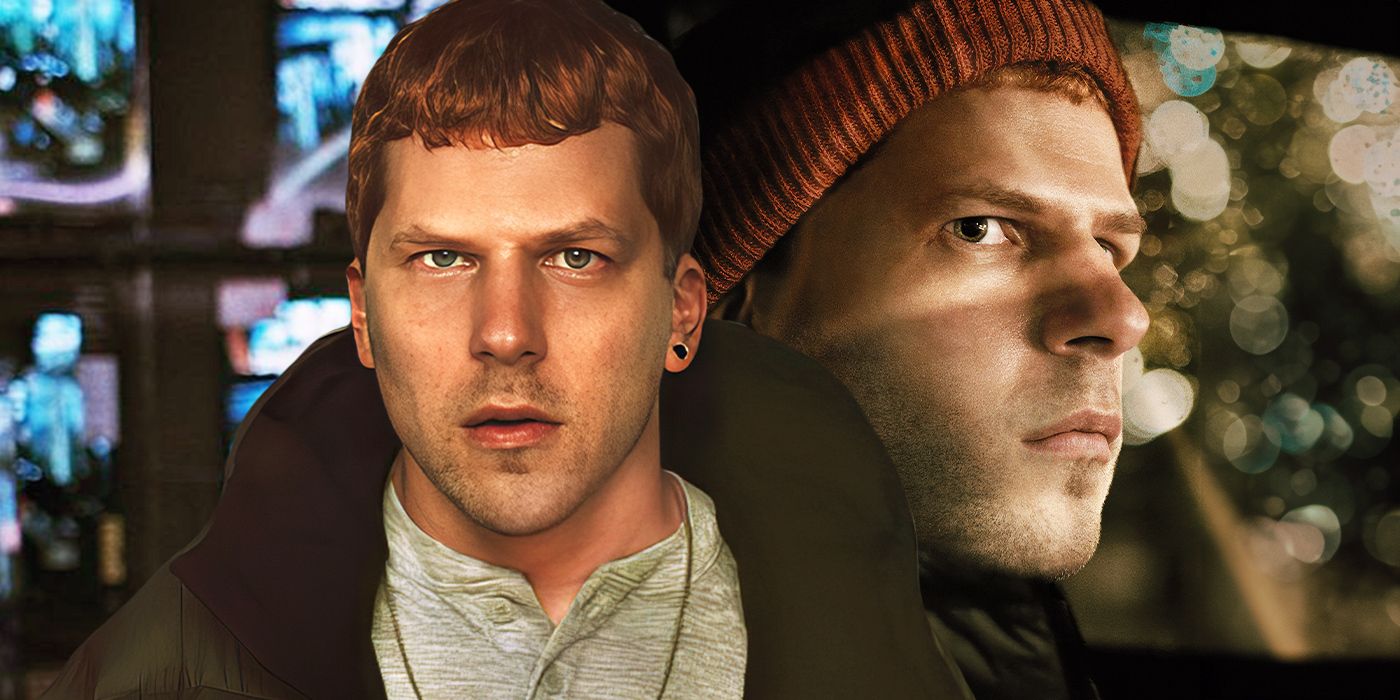Last Updated on 9 January 2025 by Mysumptuousness Star
The term “monochrome” has gained traction recently as a concept representing unique cultural and social dynamics. But what exactly does it mean, and why is it relevant today? This article delves into the origins, implications, and real-world examples of monodromy, comprehensively exploring this fascinating phenomenon.
What Is a Manodrome?
The term “manodrome” refers to an environment or social construct predominantly dominated by men, often emphasizing hypermasculinity and traditional male roles. Derived from the words “man” and “drome” (a suffix denoting a place or structure), a monochrome can manifest in physical, virtual, or ideological spaces where male identity and behavior take center stage.
Manodromes are not inherently negative or positive. Depending on their dynamics, they can serve as spaces for camaraderie and bonding but may also perpetuate toxic behaviors or ideologies. Understanding the duality of monodromy is key to appreciating their complexity.
The Origins and Evolution of Manodromes
Historically, manodromes have existed in various forms, from exclusive gentleman’s clubs to all-male athletic teams. These spaces were often created to foster male solidarity and address specific societal roles assigned to men.
The monochrome concept has expanded to include digital spaces such as online forums and gaming communities in the modern era. Social media platforms have facilitated the rise of virtual monochromes, where men gather to discuss shared interests, challenges, and ideologies.
Key Historical Examples
- Gentleman’s Clubs: Exclusive clubs in the 19th and early 20th centuries where men discussed politics, business, and culture.
- Military Barracks: Spaces where soldiers’ camaraderie and collective identity create a natural monochrome.
- Fraternities: Collegiate organizations fostering brotherhood and shared values.
Characteristics of a Manodrome
To better understand monodromy, let’s examine their defining characteristics:
- Exclusivity: Manodromes often restrict membership to men, creating a sense of belonging and solidarity.
- Shared Values: These spaces are founded on common interests or ideologies, such as sports, hobbies, or political beliefs.
- Hierarchy: Many manodromes feature hierarchical structures with clear roles and leadership dynamics.
- Rituals and Traditions: Rituals play a significant role in reinforcing the identity and cohesion of the group.
While these characteristics can foster positive relationships and community, they can reinforce exclusionary practices and outdated stereotypes.

The Role of Manodromes in Modern Society
In today’s world, monochromes are evolving in response to shifting gender dynamics and societal expectations. They serve various purposes, some constructive and others controversial.
Positive Aspects
- Support Networks: Manodromes can provide emotional and social support for men with personal or professional challenges.
- Skill Development: Groups focused on hobbies or professional interests foster growth and collaboration.
- Community Building: They create a sense of belonging and camaraderie among members.
Potential Downsides
- Toxic Masculinity: Some manodromes perpetuate harmful behaviors and attitudes, such as aggression or suppression of emotions.
- Exclusion: By definition, manodromes often exclude women and non-binary individuals, reinforcing gender divides.
- Ideological Echo Chambers: Virtual monodromy can amplify extreme ideologies, leading to polarization.
Manodromes in the Digital Age
The advent of the Internet has transformed the traditional monochrome. Online communities now serve as digital monochromes, connecting men across the globe. Platforms like Reddit, Discord, and specialized forums host discussions on topics ranging from fitness and gaming to self-improvement and politics.
Popular Digital Manodromes
- Fitness Communities: Forums like Bodybuilding.com promote health and wellness, albeit with occasional hypermasculine undertones.
- Men’s Rights Groups: Advocacy groups address custody battles and workplace equity issues.
- Gaming Circles: Gaming communities foster collaboration but sometimes face criticism for toxicity.
These digital spaces highlight both the potential and pitfalls of modern monodromy. While they offer inclusivity for shared interests, they can also become breeding grounds for harmful ideologies.
The Impact of Manodromes on Gender Dynamics
Manodromes play a significant role in shaping perceptions of masculinity and gender roles. By examining these spaces critically, society can address the stereotypes and challenges they perpetuate.
Promoting Healthy Masculinity
- Encouraging Vulnerability: Manodromes can evolve into spaces where men feel safe expressing emotions.
- Inclusion: Expanding membership criteria to include diverse perspectives fosters understanding and collaboration.
- Challenging Norms: Manodromes can lead efforts to redefine masculinity in healthier, more inclusive ways.
Mitigating Harmful Effects
- Education: Promoting awareness about toxic behaviors within manodromes.
- Moderation: Ensuring digital spaces have rules to prevent hate speech and harassment.
- Dialogue: Encouraging open discussions on gender dynamics within these spaces.
Examples of Manodromes in Pop Culture
Pop culture often reflects and critiques monochromes, showcasing their impact on society. Films, literature, and television have explored male camaraderie and exclusivity themes.
- “Fight Club” (1999): A critique of hypermasculinity and consumer culture.
- “Dead Poets Society” (1989) celebrates male bonding and intellectual exploration.
- Sports Dramas: Highlight the camaraderie and conflicts within all-male teams.
These representations provide insights into the cultural significance of monodromy and their varied interpretations.

Conclusion: The Future of Manodromes
The concept of a monochrome is both timeless and evolving. As society redefines gender roles and expectations, monodromy must adapt to remain relevant and constructive. By fostering inclusivity, promoting healthy masculinity, and addressing toxic behaviors, these spaces can contribute positively to cultural and social landscapes.
Manodromes are more than just exclusive groups for men; they reflect broader societal trends. By understanding their complexities, we can work towards creating spaces that celebrate diversity, encourage personal growth, and build stronger communities. The future of manodromes lies in their ability to balance tradition with progress, ensuring they remain meaningful in a rapidly changing world.
You may also read